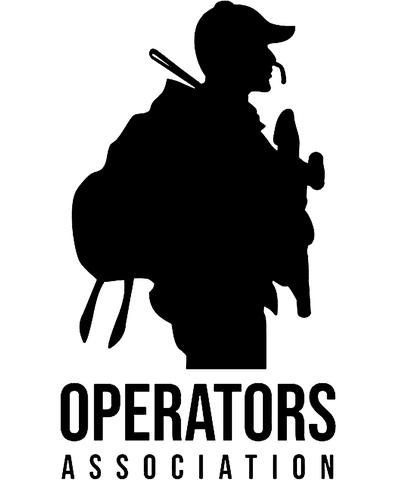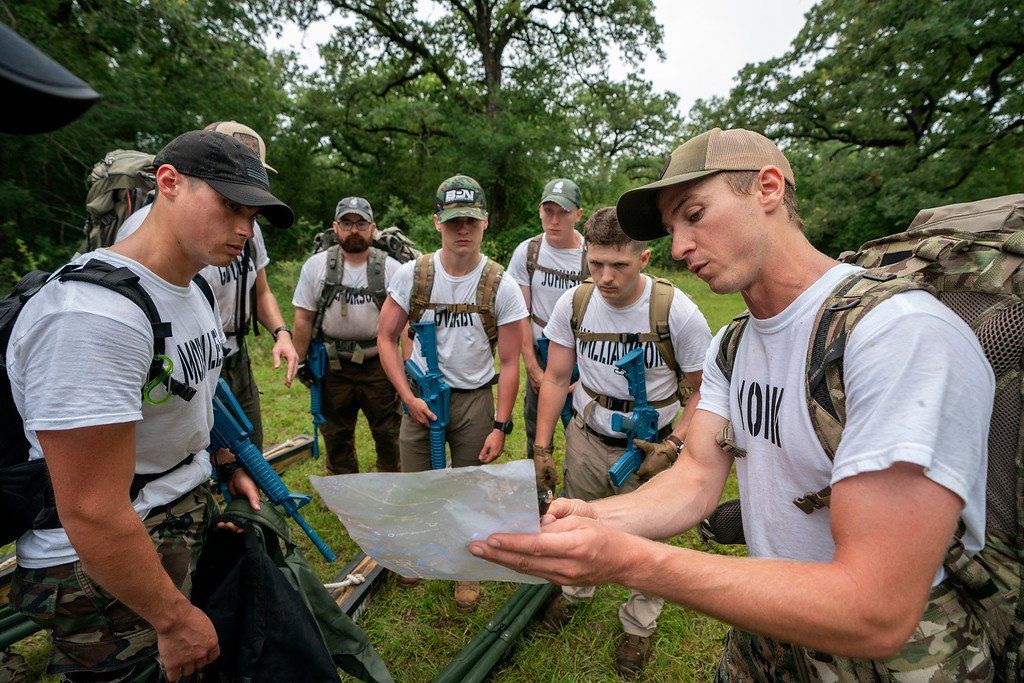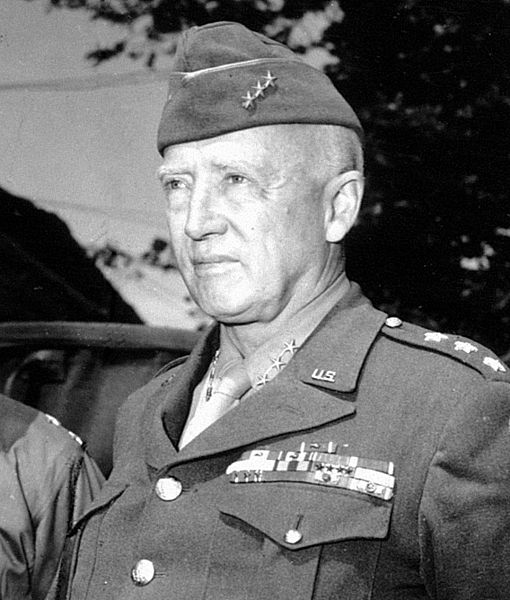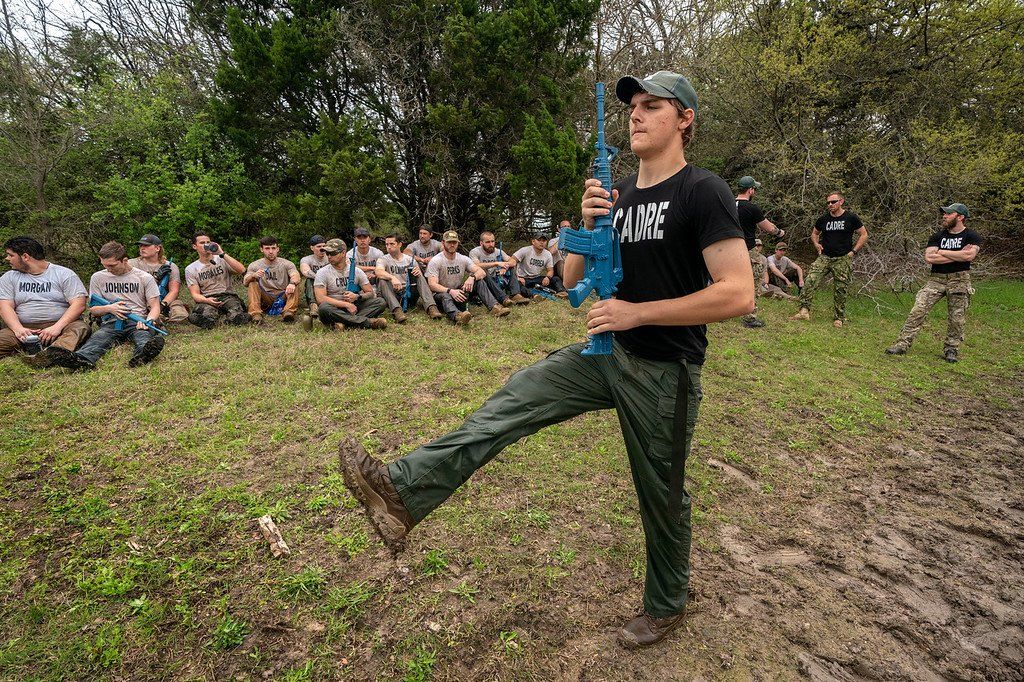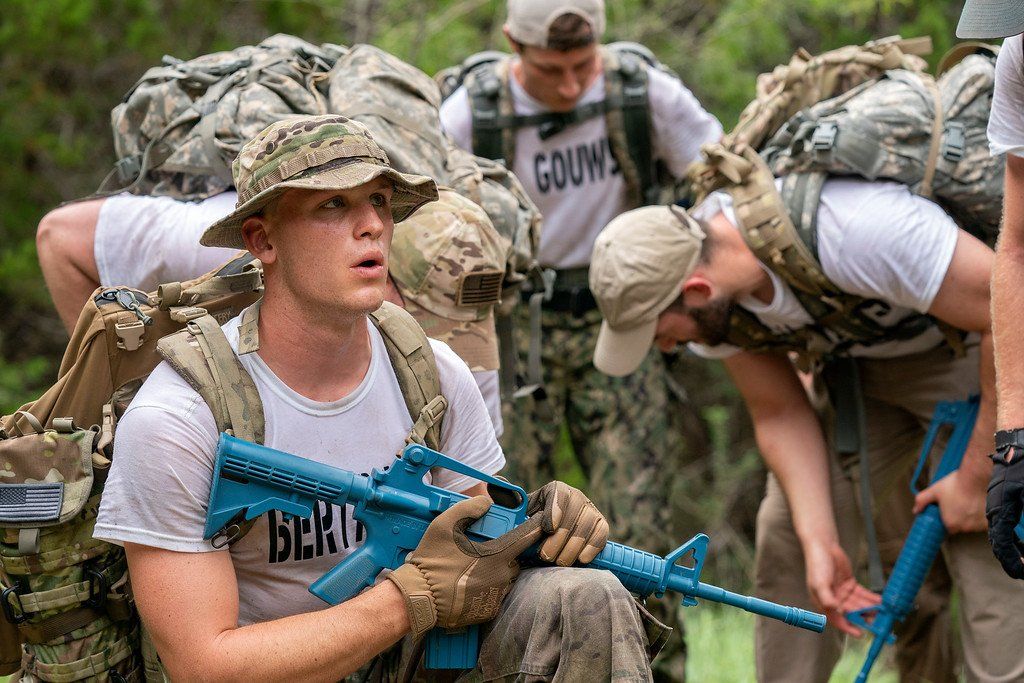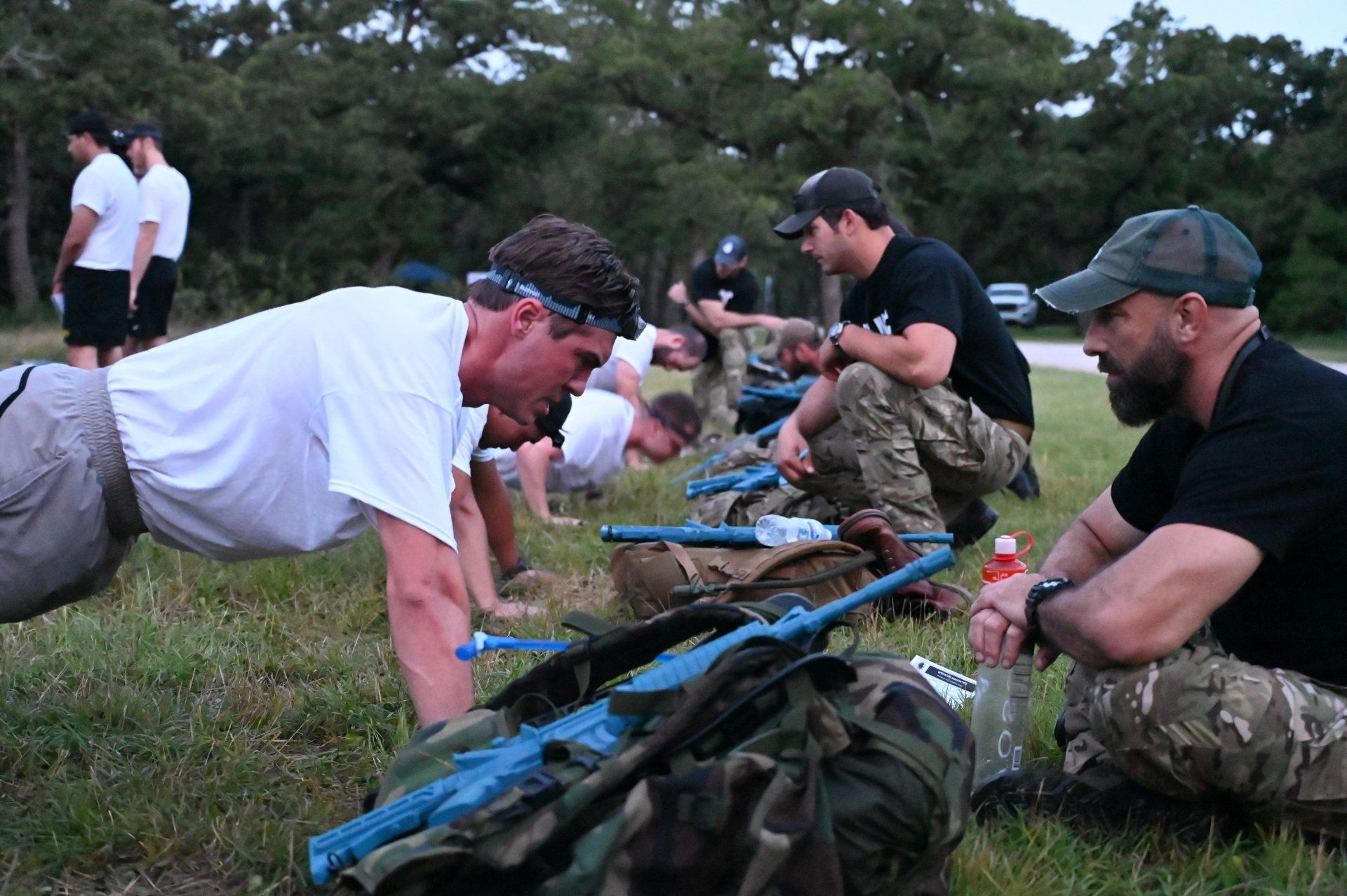How to Develop Esprit de Corps
Build an unbreakable team bond by following these four principles.
The difference between a mediocre team and an excellent one usually isn’t the skill of the individual members. It’s their ability to work together and overcome obstacles. During team activities during SOF selection (like the boat crew races during BUD/S), the physically strongest and most aggressive team doesn’t always come out on top. In fact, weaker teams who understand the importance of working together often win the competition despite their inferior physicality.
Creating a high-performing team isn’t just about assembling the right people. It’s about getting them into the ideal mindset to perform as a group. In other words, success is about building esprit de corps (team spirit). Here’s how it’s done:
Create Your Team Culture
An effective team is more than a group of people. It’s a community with a unique set of values and standards. The first step to building team spirit is establishing and outlining what your team stands for, what it stands against, and the behaviors that facilitate these behaviors.
As a team leader, you have the unique ability to create and influence the group’s culture. Start by setting rules that support the actions your culture values. For example, if your team values toughness and perseverance, reward people who push through difficulty and reprimand those who back down from a challenge. You can also increase the efficacy of these consequences by rewarding or punishing your entire group instead of just the performing/offending individual. Soon, these rules will no longer be necessary, as your teammates will start regulating each other out of principle.
When a new teammate joins the group, existing members will quickly get them caught up on how things are done.
Overcome Group Difficulty
History creates bonds. That is to say, the more challenges you overcome with your team, the more camaraderie you will develop. Overcoming shared difficulties not only improves your team relationships but also develops your team chemistry. For example, as you execute consecutive missions with your squad, you’ll soon begin to realize the unique strengths of each teammate. Then, you can apply this knowledge to delegate tasks more effectively, thus increasing your team’s success and further developing your esprit de corps.
If you want to start building your team relationships, simply spend more time with your people. Sooner or later, a problem will appear that you can tackle together. This will allow you to kickstart your team building and facilitate more success in the long term.
Identify the Common Enemy
Nothing brings people together like fighting a common enemy. In WW2, America and the USSR – two states whose ideologies fundamentally opposed each other – became some of history’s most powerful allies. Their reason for the coalition: to fight and defeat Nazi Germany.
Once WW2 ended, the USA and USSR immediately cut ties and became the rivals they were destined to be – thus further proving the power of uniting against a shared enemy. If there is a common evil to fight, even people who would have otherwise never worked together can forge an exceptional team.
What does this mean for your group? That before you can unite your people in camaraderie, you must unite them against a common enemy or challenge. This adversary does not have to be a living, antagonistic entity – it can simply be the consequence of failure. For example, say your team is working on a project for your boss. If you don’t execute it correctly, you might lose your job. In this case, the common enemy that your team must unite against is the possibility of losing your jobs.
Once you establish your mutual enemy, don’t just let it hide in the background – make your adversary a common conversation topic within your team. Everything you do must focus around defeating the enemy – if you’re not fighting your foes, you’re helping them.
Never Let Your Tribe Down
Nothing makes a group fall apart faster than a lack of trust. If your teammates cannot trust their comrades, your unified squad will disassemble back into a group of individuals. The best way to retain trust in your team is to stay mutually accountable and fulfill your promises. If you say that you are going to do something, do it. Keep your word to your teammates, and they’ll keep their loyalty to you.
It’s crucial to distinguish between failing and letting your team down. Although these two concepts may seem synonymous, they’re not the same thing. Failing is natural – everyone encounters difficulties and messes up from time to time. Letting your team down happens when your disregard or lack of care causes you to fail. If you tried your best but still came up short, that’s not letting your team down. But if
you procrastinated on your task and underperformed as a result, you betrayed the trust of your teammates. If you want to create esprit the corps, work hard and never let your tribe down.
Accountability is at the core of leadership. If you don’t follow the principles and rules you’ve set out, you can’t expect anyone else to follow them either. Holding yourself responsible for your performance is the key to both individual and group progress. That’s where the Operators Association comes in. When you become an Aspiring Operator, you get instant access to our exclusive accountability group. There, our SOF cadre will help you stay on the path and achieve your goals!
Click here to become an Aspiring Operator today.
